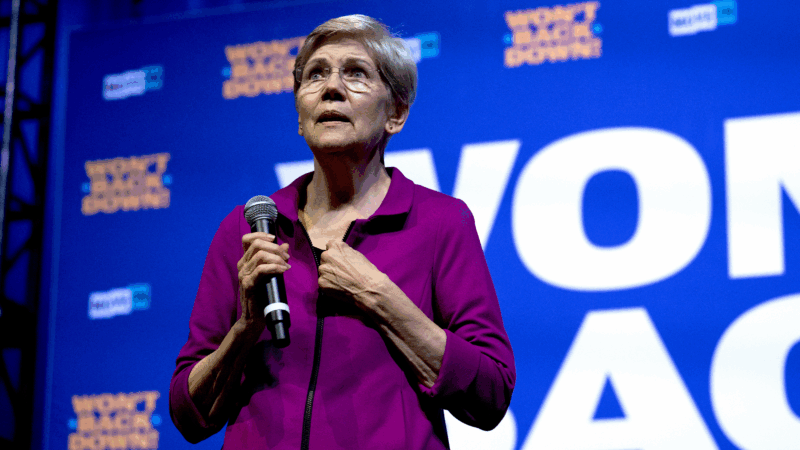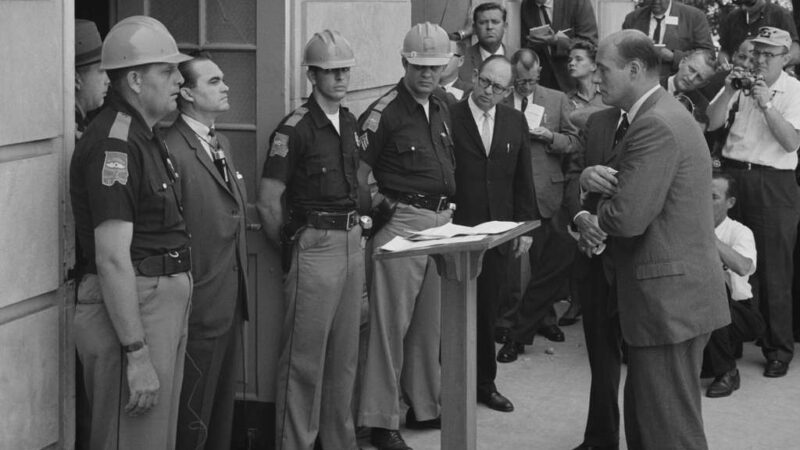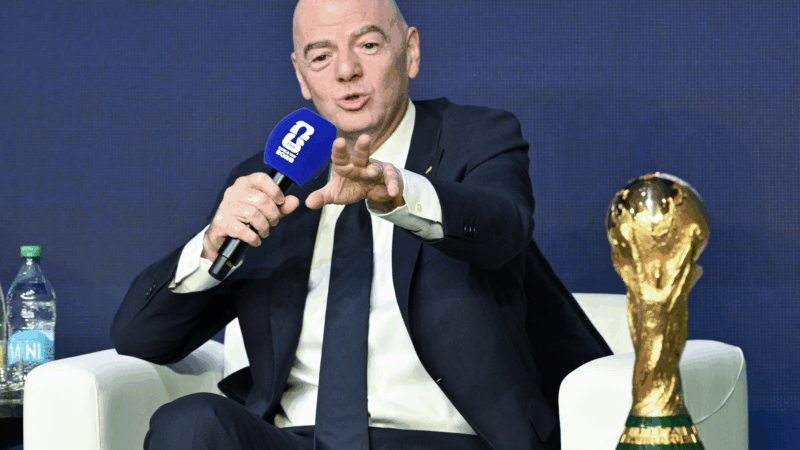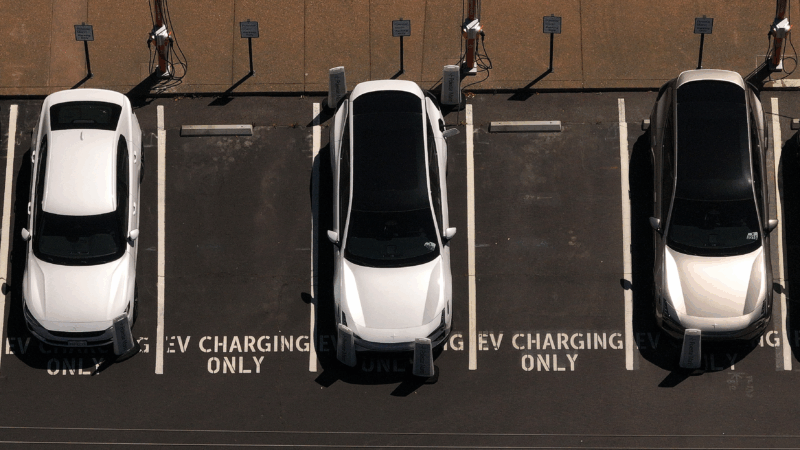Sen. Warren says banking panel should focus on Trump’s attacks on Fed independence
Democrats on the Senate Banking Committee are expected to grill President Trump’s nominee for a vacant Fed governor’s seat during today’s confirmation hearing.
The nominee, Stephen Miran, currently chairs the White House Council of Economic Advisers. A Harvard-educated economist, Miran has been critical of the Federal Reserve’s independence and advocated for more direct presidential control — views that have raised concerns about his nomination.
Massachusetts Sen. Elizabeth Warren, the committee’s highest-ranking Democrat, has pledged to address those concerns directly during the hearing.
NPR’s Morning Edition host Steve Inskeep spoke with Warren ahead of the hearing to discuss Trump’s approach to the Fed and its current chairman, Jerome Powell.
This interview has been lightly edited for length and clarity.
Interview highlights
Steve Inskeep: Miran gives the impression that he does not necessarily believe in the full independence of the Federal Reserve.
Sen. Elizabeth Warren: That’s kind of a warning sign, right there. Today, there will be a hearing about his nomination, but that is not the right hearing for the banking committee to have. Over the last few months, Donald Trump has launched three huge attacks on the independence of the Fed: first, threatening to fire Jerome Powell; then, deciding that Powell had spent too much money on renovations of the Federal Reserve building and he could fire him for cause; and when that failed, now trying to fire Lisa Cook, another member of the Fed board — all of them [are] direct attacks on the independence of the Fed.
Right now, the banking committee should be investigating the president’s direct attacks on that independence, not pretending that it’s business as usual.
Inskeep: Given that the president has challenged the independence of the Fed and many other federal agencies in a way that nobody has seen for a long time, why does the independence of the Fed matter that much?
Warren: If we have a totally politicized Fed, not a Fed that’s making decisions about interest rates, for example, based on the best data they’ve got, but a Fed that says, ‘What do you want us to do, Mr. President?’ then what happens is everyone loses confidence in the Fed, in our central bank, and in the decisions they make. And that ultimately drives up the cost of mortgages and car loans and credit cards for Americans across this country. And this isn’t a theoretical argument here. We’ve actually seen this happen before. Countries where authoritarians take control of the central bank suffer from higher inflation. And who does it hit hardest? It hits working people across that country.
Inskeep: Some people will know that you have been sharply critical of Jerome Powell, the Fed chairman, from time to time. How would you rate his performance now?
Warren: I completely disagreed with Chair Powell since he was first nominated by Donald Trump, that’s how far back he goes. I have disagreed with him on regulatory policy. I think he’s way too easy on the banks. And I have disagreed with him on interest rate policy. I thought he should have lowered interest rates two years ago, and I have said so quite vocally and done my best to persuade him. But I have never, ever questioned the independence of the Fed and the Fed’s ultimate power to make those decisions based on their best judgment of what’s good for the United States of America.
Inskeep: So you, like the President, are hoping for an interest rate cut this month, it sounds like, but you’re saying your methods are different?
Warren: Yes. But what I don’t want to see is that Donald Trump has squeezed out the independence of the Fed, and that he’s managed to get his own lackeys in there, that he’s managed to fire someone at the Fed. Because as soon as that happens, the value that the United States has built up, literally for more than a century, by having an independent Fed, we lose the gold standard. And ultimately that costs the American economy. And it also, most importantly, costs American workers.
Inskeep: Do you believe that your Republican colleagues are concerned?
Warren: I think some of them are, because they understand the value of this independent Fed. And that’s true whether we’ve got a Democrat in the White House or a Republican in the White House that we need independence, really, across the board, for our financial regulators. Because as soon as the politicians can grab them by the throat and say, for political reasons, ‘Here’s the economic decision I want you to make,’ people start to understand that the whole game is being played on a political playing field, not an economic playing field. That doesn’t make for a stronger economy, that doesn’t build our GDP, and it sure doesn’t make life better for American workers.
The broadcast version of this interview was produced by Ana Perez and edited by HJ Mai.
How George Wallace and Bull Connor set the stage for Alabama’s sky-high electric rates
After his notorious stand in the schoolhouse door, Wallace needed a new target. He found it in Alabama Power.
FIFA president defends World Cup ticket prices, saying demand is hitting records
The FIFA President addressed outrage over ticket prices for the World Cup by pointing to record demand and reiterating that most of the proceeds will help support soccer around the world.
From chess to a medical mystery: Great global reads from 2025 you may have missed
We published hundreds of stories on global health and development each year. Some are ... alas ... a bit underappreciated by readers. We've asked our staff for their favorite overlooked posts of 2025.
The U.S. offers Ukraine a 15-year security guarantee for now, Zelenskyy says
Ukrainian President Volodymyr Zelenskyy said Monday the United States is offering his country security guarantees for a period of 15 years as part of a proposed peace plan.
Genre fiction and female authors top U.S. libraries’ most-borrowed lists in 2025
All of the top 10 books borrowed through the public library app Libby were written by women. And Kristin Hannah's The Women was the top checkout in many library systems around the country.
Electric vehicles had a bumpy road in 2025 — and one pleasant surprise
A suite of pro-EV federal policies have been reversed. Well-known vehicles have been discontinued. Sales plummeted. But interest is holding steady.








